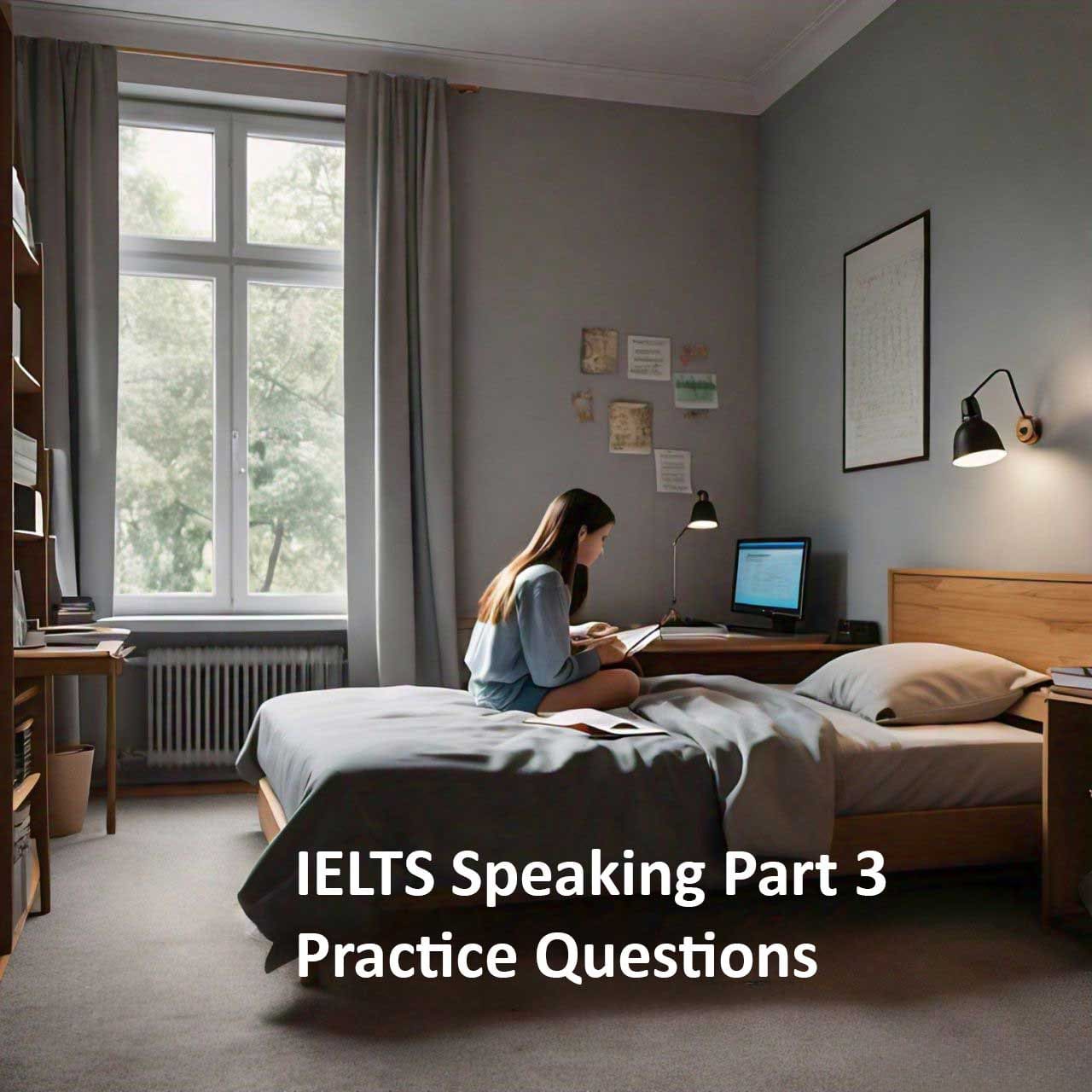The IELTS Speaking test consists of three parts, with Part 1 being an introductory phase where candidates engage in a conversation with the examiner on familiar topics. While Part 1 may seem straightforward, it’s essential to be prepared for a wide range of topics that may arise during the test. In this blog post, we’ll delve into common topics in IELTS Speaking Part 1 and provide valuable tips to help you perform confidently on test day.
Table of Contents
Understanding IELTS Speaking Part 1:
Part 1 of the IELTS Speaking test serves as an icebreaker, allowing candidates to warm up and become comfortable with the speaking format. The examiner typically asks questions related to familiar topics such as hobbies, interests, daily routines, family, work, studies, and personal experiences. The aim is to assess candidates’ ability to communicate fluently and express themselves naturally in English.
Common Topics in IELTS Speaking Part 1:
1. Personal Information:
– Introduce yourself and provide basic personal details such as your name, age, hometown, and occupation.
– Talk about your family, friends, and any interesting facts about yourself.
2. Hobbies and Interests:
– Discuss your hobbies, interests, and leisure activities.
– Describe activities you enjoy doing in your free time, such as sports, music, reading, or cooking.
3. Daily Routines:
– Describe your daily routine, including your morning and evening activities.
– Talk about your work or study schedule, commuting, meals, and relaxation time.
4. Travel and Tourism:
– Share your experiences and preferences regarding travel and tourism.
– Discuss memorable trips you’ve taken, dream destinations, or cultural experiences.
5. Education and Studies:
– Talk about your educational background, academic achievements, and future plans.
– Describe your school or university, favorite subjects, and study habits.
6. Food and Cuisine:
– Discuss your favorite foods, dishes, and culinary preferences.
– Describe traditional dishes from your culture or memorable dining experiences.
Tips for Success:
1. Practice Speaking Regularly:
– Practice speaking English regularly to build fluency and confidence.
– Engage in conversations with friends, family, or language partners to improve your speaking skills.
2. Expand Your Vocabulary:
– Expand your vocabulary by learning new words and phrases related to common topics.
– Use synonyms and varied expressions to avoid repetition and enhance your speaking fluency.
3. Be Specific and Detailed:
– Provide specific details and examples to support your answers.
– Avoid giving short, one-word responses, and elaborate on your ideas to showcase your language proficiency.
4. Stay Calm and Confident:
– Stay calm and composed during the speaking test and speak naturally and confidently.
– Remember that the examiner is there to assess your language skills, not to judge your opinions or experiences.
5. Listen Carefully to Questions:
– Listen carefully to the examiner’s questions and make sure you understand them before responding.
– Take a moment to gather your thoughts and structure your answers coherently.
Conclusion:
IELTS Speaking Part 1 covers a wide range of familiar topics designed to assess candidates’ ability to communicate fluently and express themselves effectively in English. By familiarizing yourself with common topics, practicing speaking regularly, expanding your vocabulary, providing specific details, staying calm and confident, and listening carefully to questions, you can approach IELTS Speaking Part 1 with confidence and maximize your chances of success on test day.



